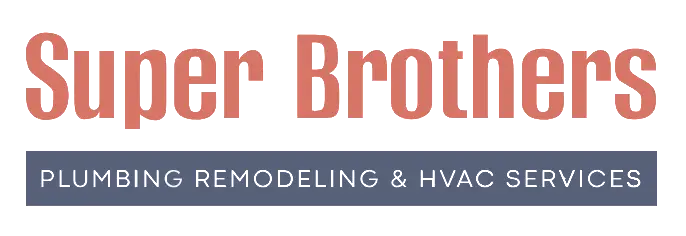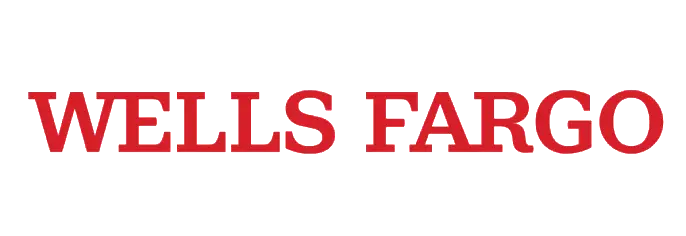Curious about the average cost of HVAC installation or air conditioning installation price in your area? Whether you’re a homeowner or a business owner, understanding the initial cost, total cost, and repair cost involved in getting your HVAC system installed is crucial. The cost of HVAC installation varies based on factors like the size of the space, type of system, any additional modifications needed, and help. While some hvac companies may opt to install cheaper upfront costs, it’s important to weigh this against long-term efficiency and maintenance expenses.
When considering how much is HVAC installation per square foot, it’s essential to balance quality with affordability, including total cost and initial cost.When considering how much is HVAC installation per square foot, it’s essential to balance quality with affordability, including total cost and initial cost.
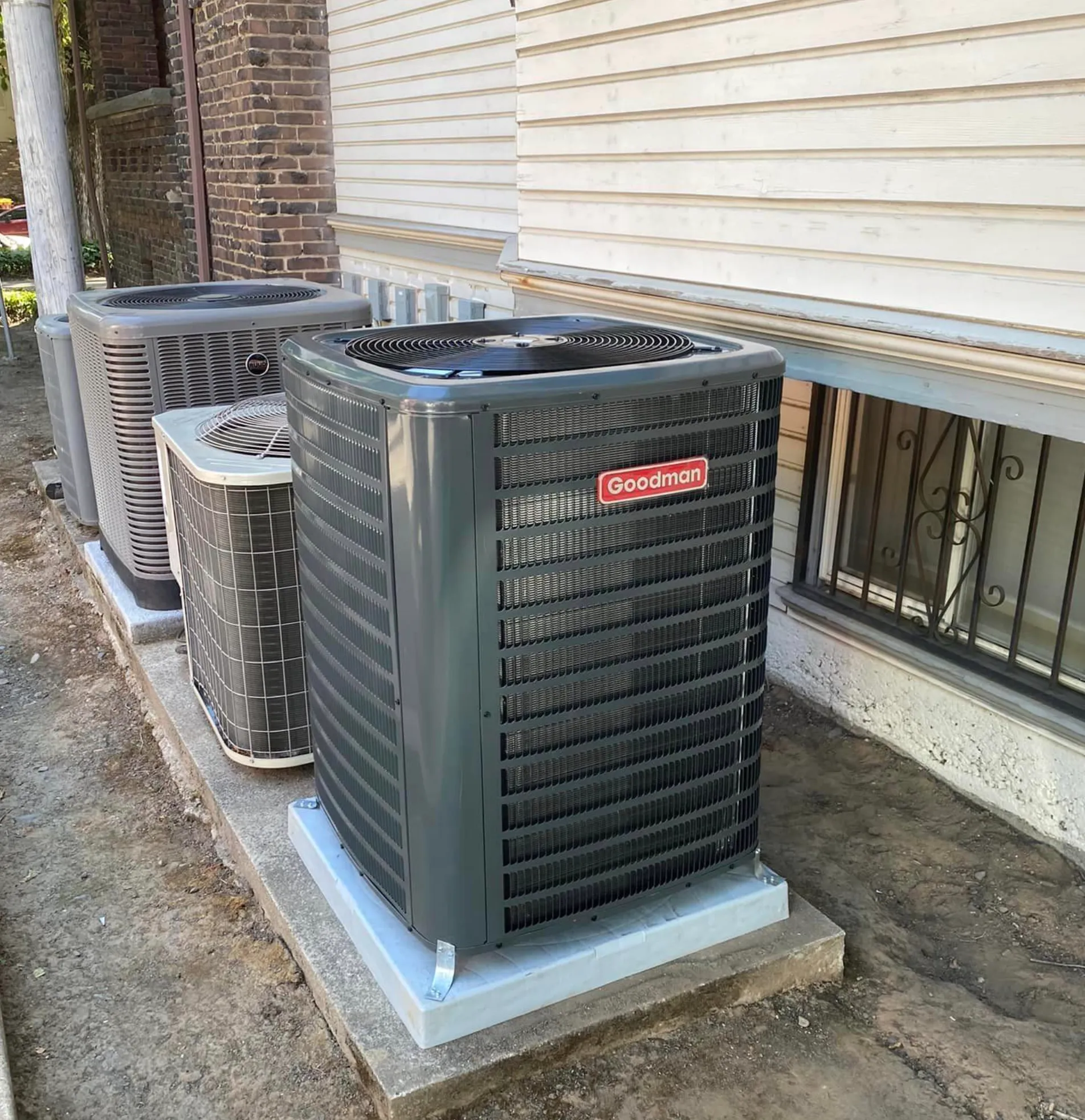
HVAC Installation Cost Factors
Square Footage
The size of the space is a key factor in HVAC installation costs. Larger areas need more powerful and costly systems. For example, a 2,000 sq ft house will require a more expensive system compared to a 1,000 sq ft apartment. Bigger spaces may also need extra ductwork and zoning systems, which adds to the overall price.
Type of System
The type of HVAC system also affects installation costs. Options include central air, heat pumps, mini-split systems, and package units, each with different costs and benefits. For example, central air has higher upfront costs, while heat pumps are more energy-efficient.
Types and Costs of Different HVAC Units
Understanding HVAC Installation Costs
It’s essential to understand the different types of units available. The cost can vary based on the type of unit, square footage, and additional factors. For instance, a central air conditioning system may have a different installation cost compared to a ductless mini-split system.
The average cost of HVAC installation depends on various factors such as the size and complexity of the project, regional labor rates, and any additional components needed for the specific type of unit. It’s important to consider these aspects when estimating the total installation cost per square foot.
HVAC systems are not one-size-fits-all; they come in various types including central air conditioning systems, heat pumps, furnaces, ductless mini-split systems, and geothermal heat pumps. Each type has its own unique features which affect their respective installation costs.
Factors Affecting Installation Costs
Several key factors influence how much is HVAC installation going to cost per square foot:
- Type of Unit: Different types have varying levels of complexity in terms of installation requirements which directly impact overall costs.
- Square Footage: Larger spaces will require more powerful units or multiple units leading to higher overall costs per square foot installed.
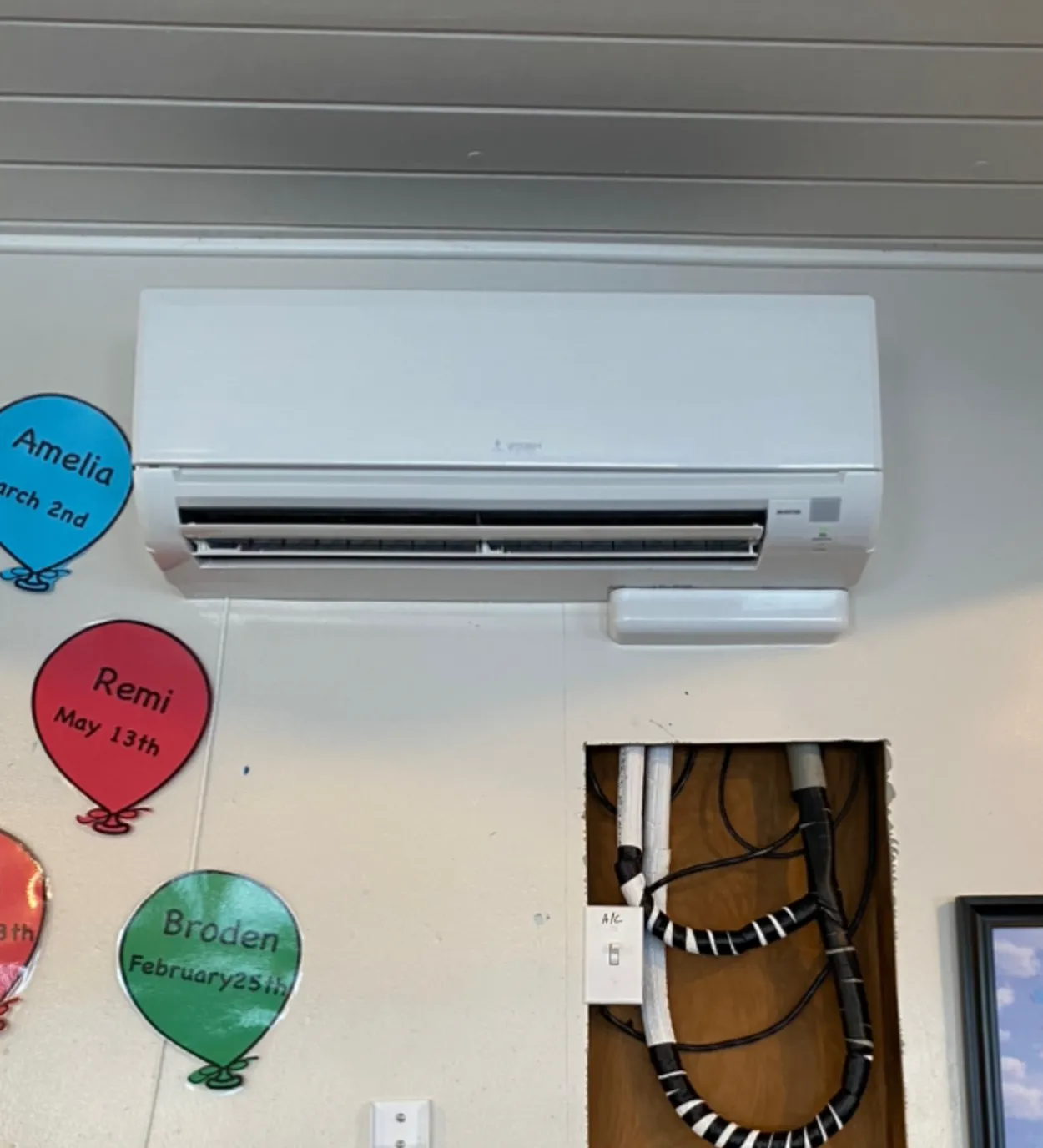
Average Cost of HVAC Installation and Replacement
Factors Affecting Cost
The cost of HVAC installation varies based on several factors, including the type of unit, size of the area to be cooled or heated, and any additional components required. For instance, a central air conditioning system may cost more than a window unit due to its complexity and capacity to cool larger spaces. The location can impact the overall cost. Areas with higher living expenses generally have higher labor costs for skilled technicians who install HVAC systems. Moreover, if significant modifications are needed in your home’s electrical or ductwork systems, this can add to the total expense.
Average Cost Breakdown
The average HVAC installation cost per square foot typically ranges from $5 to $10 for residential installations. For example:
- A 1,600-square-foot home might require a 2.5-ton air conditioning unit costing around $3,000-$4,000.
- On the other hand, a larger 3-ton heat pump suitable for a 2-story house could amount to approximately $4,500-$6,000.
When considering heating options such as furnaces or boilers alongside air conditioning units or heat pumps, the average total HVAC replacement cost can range anywhere between $6K and $12K for most homes. Moreover, ductwork installation may add another $1-$5 per square foot depending on whether it’s new construction or retrofitting into an existing property.
Pros and Cons of Different Systems
Pros
- Central Air Conditioning: Efficient cooling throughout all rooms without individual units.
- Heat Pumps: Provide both heating and cooling functionality in one system.
- Ductless Mini-Split Systems: Ideal for room-specific temperature control without ductwork.
Cons
- Central Air Conditioning: Higher upfront costs compared to window units.
- Heat Pumps: May not be suitable in extremely cold climates where supplementary heating is necessary.
- Ductless Mini-Split Systems: Initial investment tends to be higher than traditional AC units.
Hidden Costs in HVAC Installation
Additional Expenses
When considering hvac installation cost per square foot, it’s crucial to account for additional expenses beyond the standard installation fees. These can include ductwork modifications, electrical upgrades, and permits. For instance, if your home requires extensive ductwork adjustments or a new electrical panel to support the HVAC system, these extra tasks will contribute to the overall cost. It’s important not to overlook potential hidden costs such as obtaining necessary permits from local authorities. Failure to obtain proper permits can result in fines and delays. Some older homes may need asbestos removal before installing a new HVAC system due to insulation materials used decades ago.
Efficiency Upgrades
While focusing on how much is hvac installation, homeowners should also consider investing in efficiency upgrades that could lead to long-term savings. Opting for a more energy-efficient HVAC unit might entail higher upfront costs but can significantly reduce monthly utility bills over time. Another factor often overlooked when calculating the air conditioning installation price is the potential need for additional accessories or add-ons like smart thermostats or air purifiers. While these enhancements improve indoor air quality and comfort levels, they do come with an added financial outlay.
Impact of Home Size and Climate on HVAC Pricing
Home Size
HVAC installation costs rise with home size. Larger homes need more powerful systems, which means higher costs. For instance, a 3,000 sq ft home will cost more to equip than a 1,500 sq ft home due to the need for a bigger system and possibly additional ductwork. Complex layouts or multi-story homes may also increase labor costs due to challenges in installing ductwork.
Climate Considerations
Climate impacts HVAC costs significantly. In extreme climates—hot or cold—more powerful systems are needed, increasing installation costs. For example, installing an AC unit in Arizona is often pricier than in milder climates due to higher cooling demands. Special features like humidity control or additional insulation for specific climates can further raise costs. Local building codes and regulations also affect pricing, such as those in hurricane-prone areas requiring storm-resistant materials.
Energy Efficiency’s Role in HVAC System Costs
Importance of Energy Efficiency
Energy-efficient HVAC systems, while initially more expensive, offer long-term savings through lower utility bills and reduced operational costs. They also help reduce carbon emissions, contributing to environmental sustainability. Investing in an energy-efficient system can lead to significant financial and ecological benefits.
Factors Impacting Energy Efficiency
Costs are influenced by the unit’s type, size, and Seasonal Energy Efficiency Ratio (SEER) rating. Higher SEER ratings often mean higher upfront costs but lower operating expenses. Proper installation and regular maintenance are crucial for ensuring optimal energy efficiency and avoiding higher utility costs.
Benefits of Investing in Energy-Efficient Systems
Energy-efficient systems reduce utility bills and environmental impact. Features like programmable thermostats and zoning capabilities offer more control and comfort, further cutting operational costs. Additionally, many areas provide incentives or rebates for installing energy-efficient systems, adding financial benefits to the long-term savings.
Evaluating Quotes and Saving on HVAC Installation
Understanding Average Installation Costs
HVAC installation costs typically range from $6,000 to $12,000, translating to about $3 to $7 per square foot. Costs depend on home size, existing ductwork, and system efficiency. Additional expenses like labor, permits, and equipment upgrades can significantly affect the total price. For example, upgrading to a high-efficiency model may increase upfront costs but lead to long-term savings. Older homes might also need ductwork modifications, adding extra costs.
Obtaining Multiple Quotes
To ensure fair pricing, get multiple quotes from reputable contractors. Compare not just the total cost but also what each quote includes, such as equipment specs, labor, permit fees, and warranties. Be wary of unusually low estimates, which might indicate poor quality, and assess high quotes to ensure they justify the cost.
Maximizing Cost Savings
- Install Offseason: Scheduling installations during off-peak times can lead to better rates from contractors.
- Check for Rebates: Look for manufacturer or utility company rebates for energy-efficient systems.
- Explore Financing: Consider financing options or payment plans if paying upfront is challenging.
Key Considerations for New HVAC System Investment
Average Cost of HVAC Installation
HVAC installation typically costs between $6,000 and $12,000, or $3.50 to $7 per square foot. While a higher-efficiency system may cost more initially, it can lead to significant energy savings over time. When evaluating quotes, consider both the upfront investment and long-term benefits.
Factors Affecting Installation Costs
Key factors influencing HVAC installation costs include:
- Home Size and Layout: Larger homes or those with complex ductwork may incur higher costs due to modifications.
- Energy Efficiency: High-efficiency systems with features like zoning can increase initial costs but offer better comfort and savings.
- Additional Features: Systems with advanced features or programmable thermostats can also affect overall pricing.
- Local Rates: Labor rates and permit costs vary by location.
Understanding Price Per Square Foot
To calculate the cost per square foot, divide the total estimated cost by the home’s square footage. For example, if HVAC installation costs $9,000 for a 2,000 sq ft house:
- $9,000 ÷ 2,000 = $4.50 per square foot.
This calculation helps compare costs and ensures fair estimates from contractors, assisting homeowners in making informed investment decisions.
Final Remarks
You’ve now seen the various factors that influence HVAC installation costs, from the type of unit to your home’s size and energy efficiency considerations. As you navigate the quotes and hidden expenses, remember that investing in a new HVAC system is akin to investing in your comfort and well-being. It’s not just about the upfront cost but also about the long-term benefits of energy savings and a comfortable living environment.
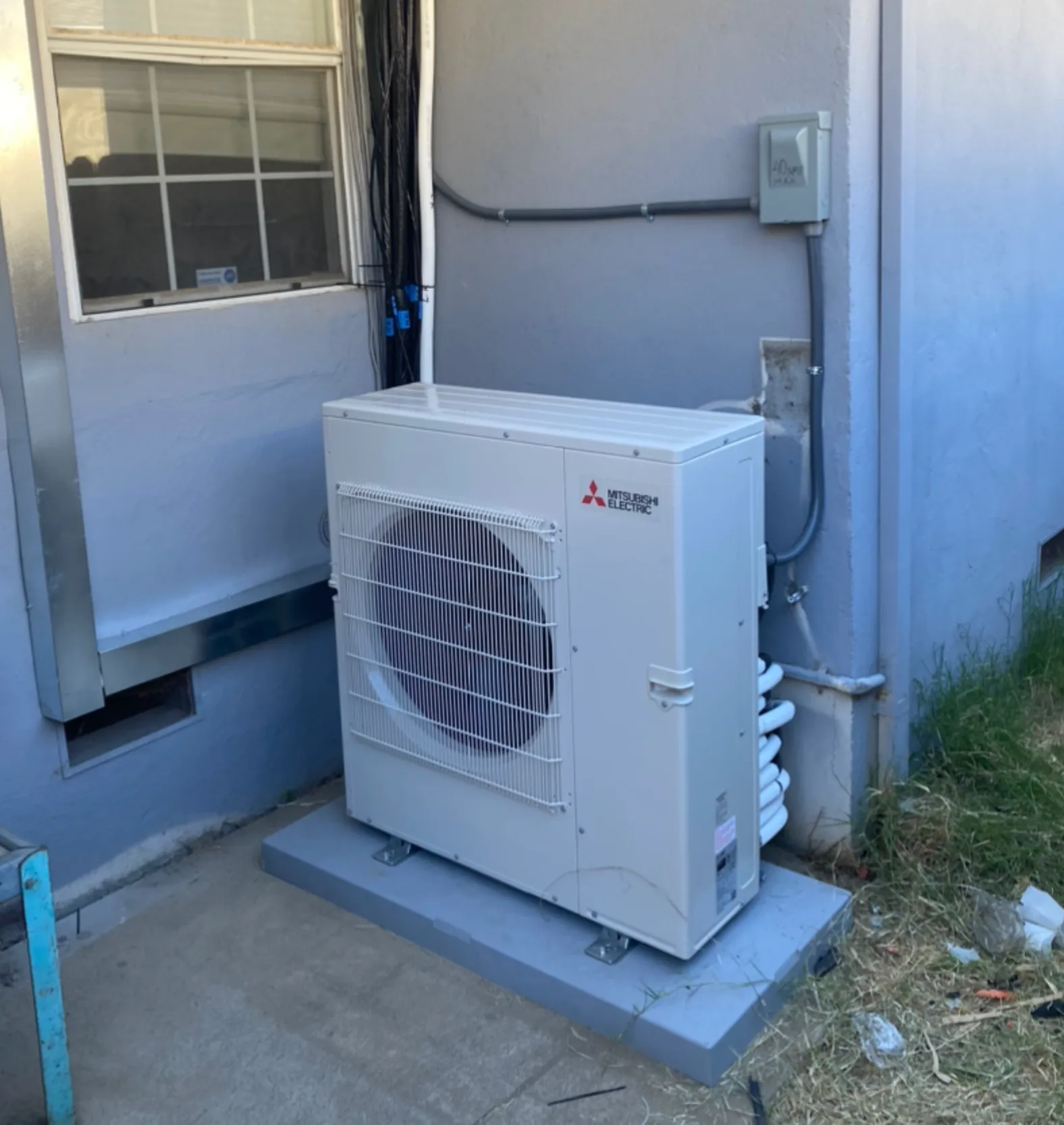
Super Brothers Quality
Choose Super Brothers Plumbing Heating & Air because we use top-tier materials, deliver honest workmanship, and back every job with a real warranty. Our pricing is fair and transparent—no hidden fees, ever.
We pull the right permits, build to California code, and pass inspection. Our licensed, highly experienced team handles full plumbing and heating/air replacements and installations, so the job’s done right the first time.
- Top-tier materials
- Honest, quality service
- Workmanship warranty
- Fair, transparent pricing (no hidden fees)
- Permits handled; California code compliant; passes inspection
- Licensed & experienced in plumbing and HVAC installs


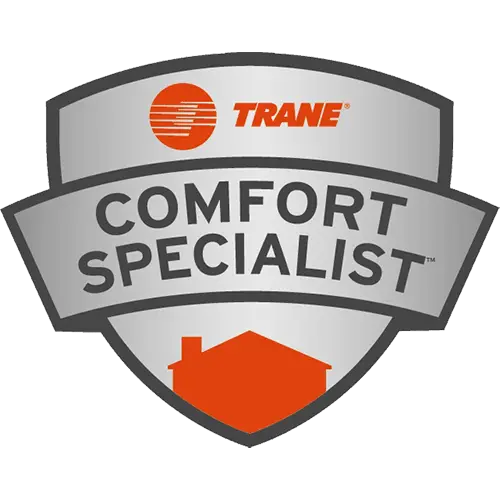

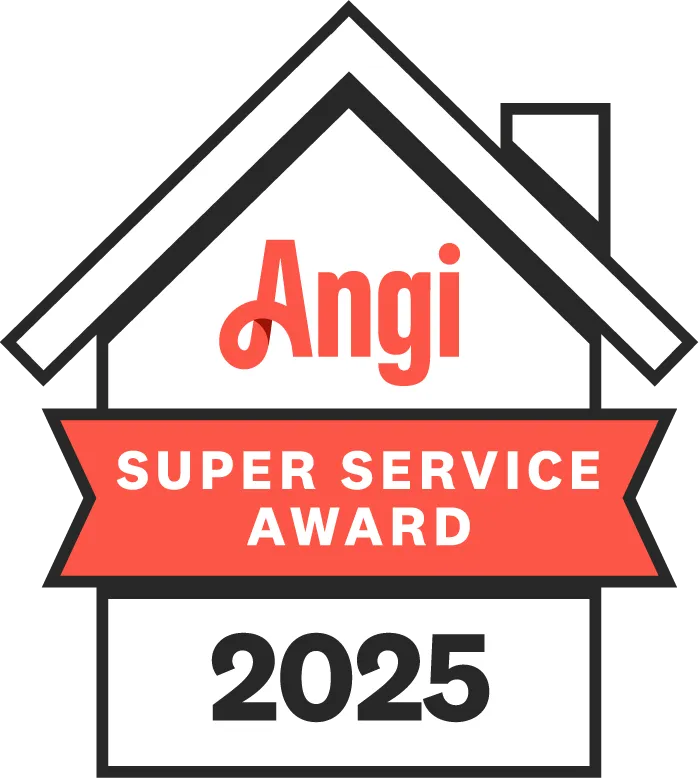
Refer Friends, Reap Rewards

Share our expert plumbing services with friends and family. For every successful referral, you earn cash rewards. Refer Now

